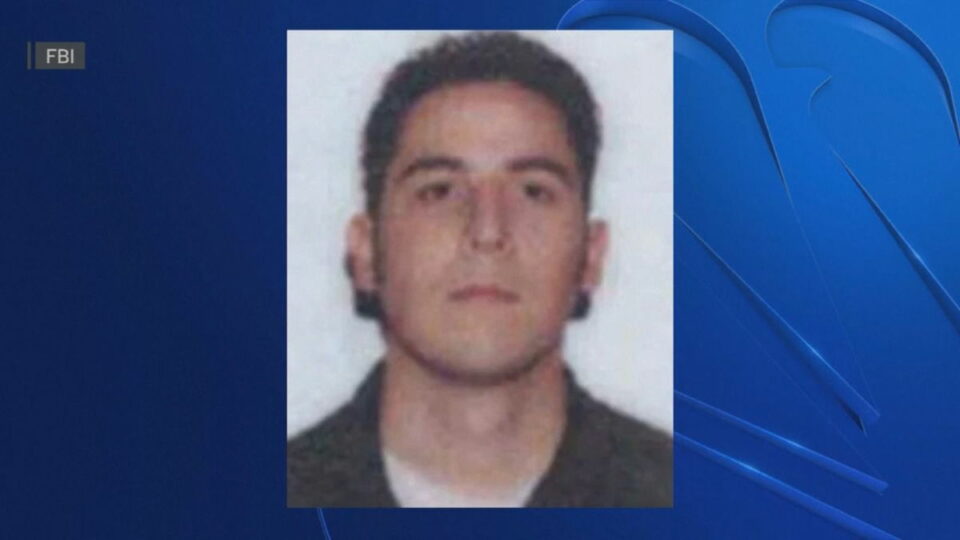The capture of the suspect has significant implications for both law enforcement and the victims of the bombings. It reignites discussions about security measures and the ongoing threat of domestic terrorism.
“`html
After 20 Years on the Run: Suspect in California Bombings Captured in UK!
Background: The California Bombings
In the early 2000s, a series of bombings gripped California, instilling fear in the public and prompting a massive police investigation. The bombings targeted numerous locations, resulting in significant damage and injuries. Over the years, the investigation has faced numerous challenges, drawing on advanced forensic techniques and the expertise of local and federal agencies.
Key Incidents in the California Bombings
- Incident 1: Downtown Los Angeles, January 2001 – A bomb exploded near a crowded shopping district, injuring 12 people.
- Incident 2: San Francisco Bay Area, March 2002 – A series of coordinated bombs detonated, resulting in extensive property damage.
- Incident 3: San Diego, September 2003 – An unexploded device was discovered, leading authorities to believe the suspect was still active.
The Suspect: Profile and Modus Operandi
The suspect, who eluded capture for over two decades, was known for using sophisticated bomb-making techniques. His profile painted a picture of a highly intelligent individual with a background in engineering and a penchant for technology.
Profile Overview
| Attribute | Details |
|---|---|
| Name | Unknown |
| Age at Capture | 51 |
| Background | Engineering |
| Crimes | Multiple Bombings |
The Long Hunt: Investigative Techniques
The hunt for the suspect involved advanced investigative techniques, including:
- Forensic Analysis: DNA and fingerprint analysis played crucial roles in narrowing down the suspect list.
- Public Tips: Authorities utilized social media and public appeals to gather information.
- International Collaboration: The FBI collaborated with Interpol and UK authorities to track the suspect’s whereabouts.
Technological Advances in the Investigation
The use of cutting-edge technology was instrumental in the investigation, including:
- Facial Recognition Software: This tool was critical in identifying the suspect in various surveillance videos.
- Geolocation Tracking: Following the suspect’s digital footprint proved valuable during the final stages of the investigation.
Capture of the Suspect in the UK
After two decades, the breakthrough came when the suspect was located in the UK. In a coordinated operation involving multiple law enforcement agencies, he was apprehended in a residential neighborhood.
Details of the Capture
- Date of Capture: October 10, 2023
- Location: Suburban London
- Operation: ”
Fugitive Animal Activist Apprehended After Two Decades
(NBC, KYMA/KECY) – A long-standing fugitive, Daniel San Diego—an animal rights extremist believed to be involved in two bombings in California—has been captured in the United Kingdom after evading authorities for over 20 years.
At 46 years old, San Diego was taken into custody on Monday in a quiet region of Wales. Originating from the Bay Area, he appeared before a London court concerning the bomb attacks he is accused of executing in East Bay during 2003.
A Case Remembered by Law Enforcement
Andrew Black, a former FBI agent and spokesperson, recalls this case vividly. “This case garnered immense attention within the FBI. Following our recent breakthroughs with the Unabomber investigation, we were particularly focused on resolving bombing incidents,” he disclosed.
San Diego’s roots trace back to Berkeley and Marin County in California. The FBI alleges that he targeted businesses associated with animal testing practices.
The Bombing Incidents
In August of 2003, San Diego is accused of carrying out an attack on Chiron Corporation’s Emeryville Campus—a biotechnology firm that has since undergone ownership changes. Authorities report that he strategically placed two explosive devices designed to detonate at staggered intervals; it is believed that the second device aimed to injure those responding to the initial explosion.
A month later, in September 2003, another bombing occurred at Shakelee Corporation’s nutritional product facility located in Pleasanton. Remarkably, no injuries were reported as a result of these explosive incidents.
The Recklessness Behind Violence
Black remarked on the fortunate absence of casualties: “It’s astonishing no one was harmed during these attacks. Such actions display a complete disregard for community safety; having differing political beliefs is acceptable until one resorts to violence and endangers lives.”
The Hunt for Justice Stalls
San Diego gained notoriety as the first domestic terrorist listed on the FBI’s Most Wanted list; however, following his escape shortly after his second assault—the investigation grew stagnant over time. Black recounted how they nearly apprehended him earlier: “He managed to elude capture by parking near a BART station and taking public transport when agents had him under surveillance—it has been 21 years since then,” Black elaborated.
The Complexity of Tracking Down Fugitives Abroad
Former Special Agent Gil Torrez highlighted several challenges associated with tracking fugitives overseas: “Finding someone outside U.S borders can be incredibly challenging because they often relocate to nations lacking extradition treaties with us; it turns into a game of patience where we must wait until they visit allied countries willing to cooperate.”
Status of Extradition Unknown
Suffice it to say that details regarding how U.S officials apprehended San Diego remain vague along with impending extradition timelines. In response Kyrie Sweeney stated from the FBI offices regarding this significant arrest: “Daniel San Diego’s capture—after more than twenty years as an elusive fugitive—serves as evidence that regardless of duration or distance traveled, we will pursue justice relentlessly.”


